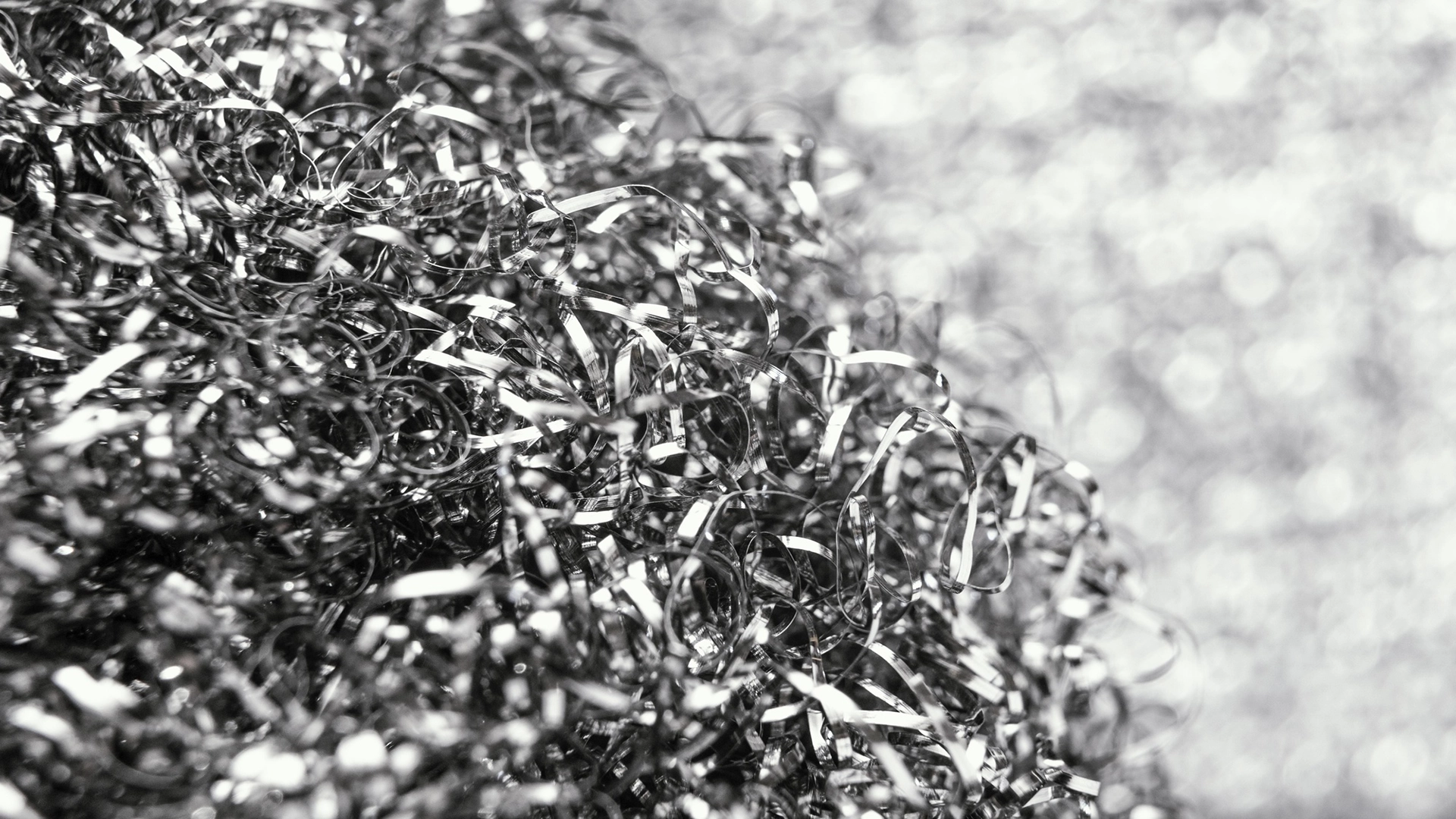Molding is an industrial process in which molds are created to produce various parts (usually made of plastic, metal, aluminum, etc.) with specific shapes, dimensions, and accuracy. The mold acts as a primary template or form in which the raw material takes shape.

What are the properties of nickel metal
Nickel (Ni) is abundantly found in the Earth's crust and core and is one of the most common elements in meteorites. It is also present in small amounts in seawater, plants, and some animals. As the fifth member of the iron and cobalt group metals, nickel shares many physical and chemical properties with these two elements. This metal has properties such as: High hardness Good malleability Flexibility Corrosion resistance.


Applications of nickel
Nickel has various applications in different industries, with some of the most important ones being: Production of Stainless Steels and Heat-Resistant Alloys: The combination of nickel with chromium, iron, and other metals enhances resistance to rust and corrosion. Manufacturing Rechargeable Batteries: Such as Nickel-Cadmium (Ni-Cd) and Nickel-Metal Hydride (Ni-MH) batteries. Metal Plating: Nickel is used to create protective coatings and improve the appearance of other metals, such as copper or zinc. Electronics and Aerospace Industries: Due to its magnetic properties and high resistance to oxidation. Catalysts in Chemical Industries: Nickel is used in processes like the hydrogenation of oils.
Environmental and Safety Considerations:
Although nickel is essential in small amounts for some living organisms, prolonged contact with its compounds can be hazardous and may cause skin allergies or respiratory issues. Therefore, safety precautions are crucial in industries dealing with nickel.
